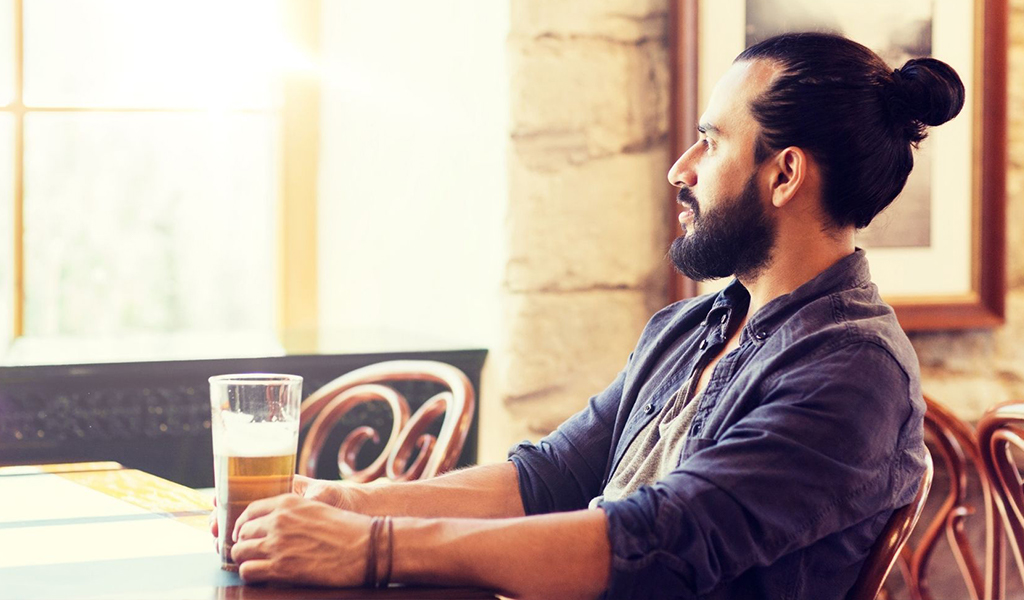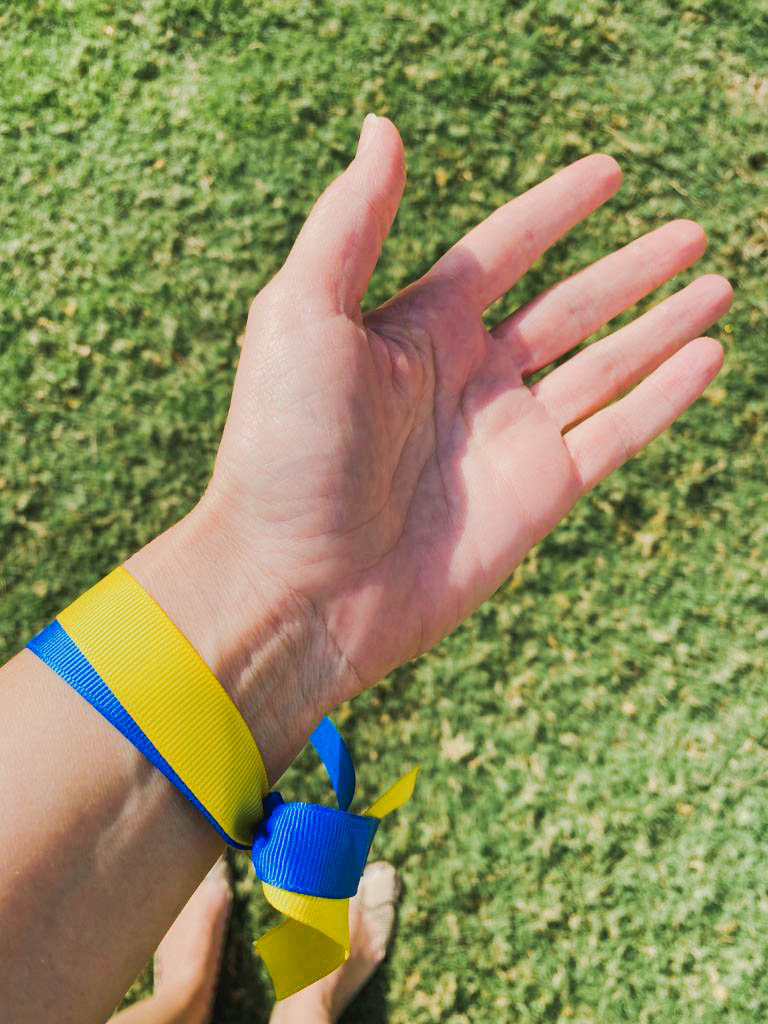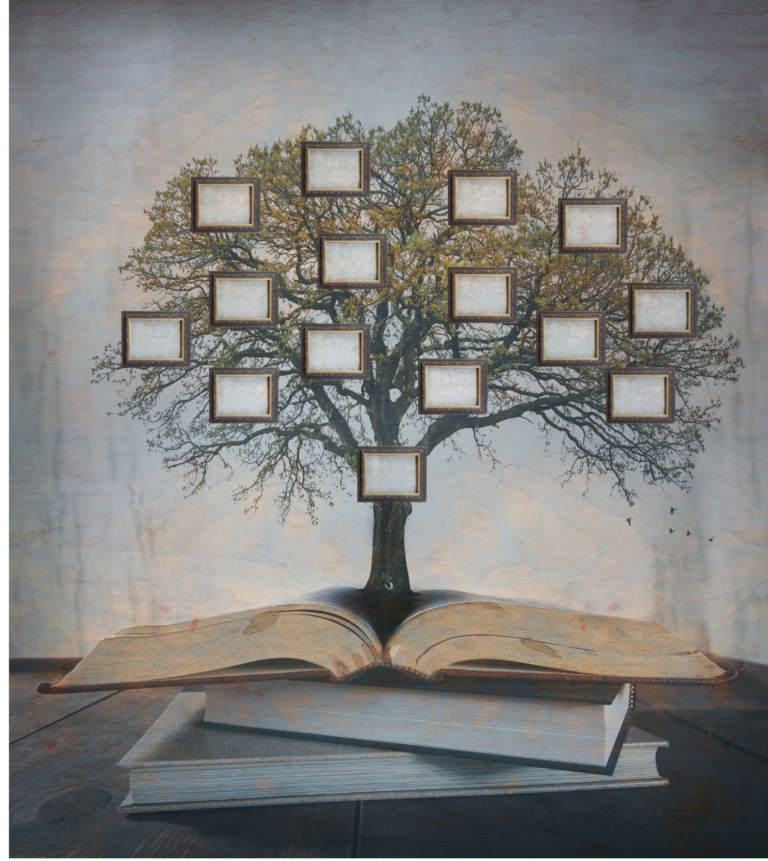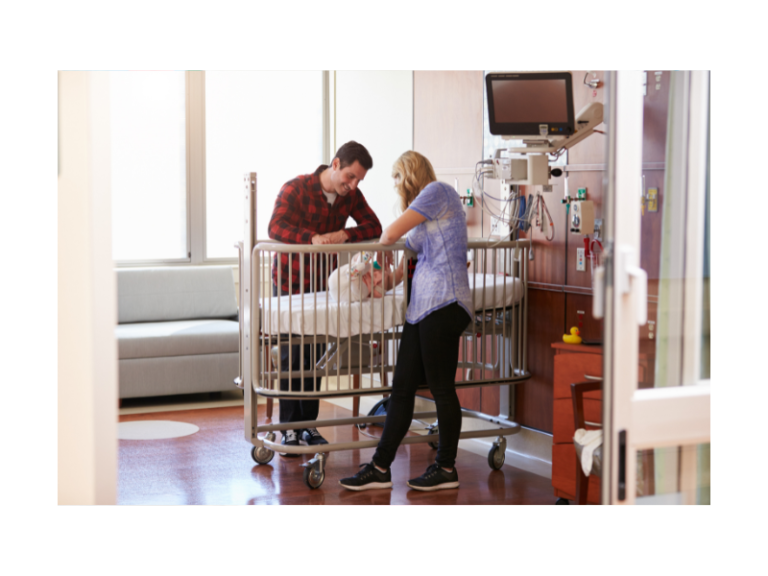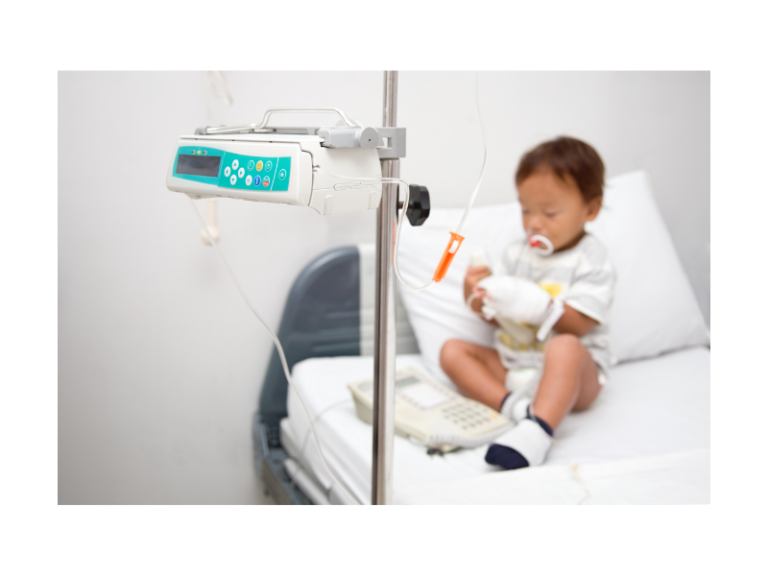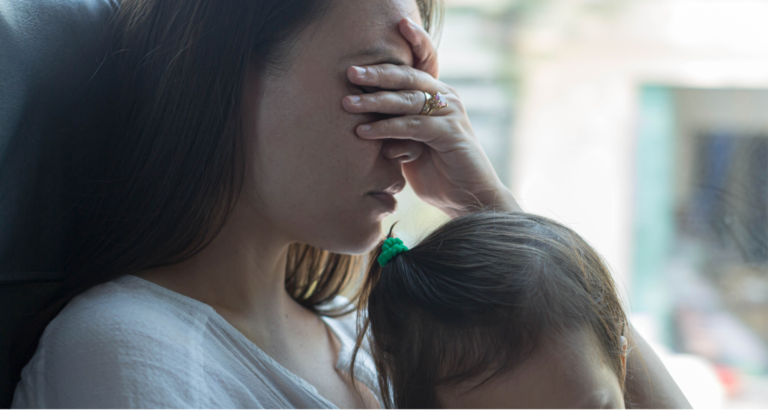Drinking during the pandemic
The general consensus is that alcohol consumption increased during the pandemic. The primary reasons for this are stress, loneliness and depression. Historical data shows us that alcohol consumption increases during economic crises and natural disasters.
According to the Global Drug Survey 48% of drinkers in the UK report that they have drank more during the pandemic while 30% have drank less.
Jan Chodkiewicz and his team found in a study conducted in Poland that 30% of people had changed their drinking habits because of the pandemic. However, half of those whose drinking habits had changed were actually drinking less than before.
Chodkiewicz’s study identified that those whose alcohol consumption had increased during the pandemic were heavy drinkers before the pandemic. They used alcohol as a way to relieve stress and were not coping well. Their poor mental health was a concern; they were depressed and had suicidal ideation.
Alcohol numbs your difficult emotions
Alcohol inhibits the central nervous system and, hence, you become detached from unpleasant emotions such as low mood, anxiety and stress.
Self-medicating with alcohol is concerning. First, it only masks the difficult emotions rather than addressing them. You do not learn good stress and anxiety management skills by drinking. You never learn to cultivate healthy ways to relax, reward yourself or lift your mood.
Another problem with alcohol is that you may start feeling that you need alcohol to unwind or to have fun. You never get to learn what the situations that make you, for example anxious, are like while sober. You will not learn that these situations are actually quite manageable without numbing your nervous system.
Alcohol is a very poor medicine for anything. At its worst it not only puts you at risk of developing a substance abuse problem but in addition it increases the likelihood of other mental and physical health difficulties. As alcohol is a depressant, depression and suicidal ideation are not uncommon in heavy drinkers.
Stress management through avoidance
We always try to manage the best we can in difficult situations. Very often our initial strategy in a stressful situation is unhelpful and we need to change our approach for better stress relief.
We know that men often use alcohol as a coping strategy. This is the case especially with men who feel stressed and exhausted because of long working hours and work pressures. Many men turn to alcohol as stress relief as they are more likely than women to bury their emotions and acknowledge that they aren’t coping well. Women also tend to find meaning from other sources as well as from work.
If you recognize that you spent the first days or months of the pandemic drinking, comfort eating and watching too much TV, you are not alone. However, if this is still your only way to manage the current situation, it is time for a re-take.
If alcohol is your only way to cope with stressful life events, you are placing your trust in a very poor coping mechanism. It is, in effect, a way to avoid coping.
You easily forget the negative effect of alcohol when you are looking for a way to switch off or ease misery. You forget about the poor sleep you will get or the anxiety you will feel when you wake up.
Healthy coping mechanisms
Rather than avoid a difficult situation by resorting to alcohol, we encourage you to use approach motives. These strategies address the issue by either seeking social support or relying on yourself.
Social support has a positive effect on our health and well-being. We feel supported when we get resources, information and/or emotional care from others. People with good social support networks are more likely to manage stress well and have better mental well-being. A good support system acts as a buffer between the individual and the stressful event by either helping make the stressful event seem less impactful or by giving the individual more coping mechanisms.
If social support is not available to you, you can still make use of approach motives as coping strategies. Psychological resilience, optimism and self-reliance are good coping mechanisms.
You are psychologically resilient when you are able to cope in a difficult situation and return to your pre-crisis state quickly. When you are optimistic, you have the confidence that you will get through this tough time even without social support. When you are self-reliant you depend on your own efforts and abilities.
Having to do something on your own and not getting input from others may not be your preferred option. It will , however, make you feel more confident in yourself and foster autonomy.
Find new ways to manage your difficult emotions
- Find ways to keep the consequences of a few drinks in mind when you are tempted to drink. Learn to identify your weak moments in advance and make a plan. How will you handle things better next time? Focus on exploring two other coping mechanisms: seek social support and self-reliance. Avoidance will not help you.
- Be determined about breaking bad habits and consistent about forming good ones. It is a myth that it takes 21 days to form a habit. It can take any time between only 18 and up to 254 days to form a habit. The average is 66 days. Identify the bad habits you want to break and create healthy alternatives.
- Don’t keep alcohol at home. You don’t have to both change your drinking habits and test your ability to resist temptation at the same time. Make this easier on yourself to achieve your goals. Make sure there are no bottles at home that will tempt you.
- Choose your company wisely. Just as important as not having temptations at home is to make sure your social network supports your goals. Don’t hang out with people who will not encourage and support you. Stay away from people who try to get you to drink. Those who find something negative to say about your sobriety are likely to have a problematic relationship with alcohol themselves. Steer away from them.
- Remind yourself of your bigger goal. After a tough day at work you may want to relax but what is your long-term goal? Good health in old age, saving money, good sleep? Reflect on your core values and fundamental needs. Find out what you really want in life and focus on the attainment of those goals. Review them often and remind yourself of them when you are tempted to drink.
Don’t be afraid to seek help if you recognize that your alcohol use is too difficult to tackle alone. You can find support here.
Matleena Vanhanen is a licensed Counselling Psychologist with over 20 years of experience working in Europe and the Middle East. She has a practice of couples and individual therapy at the MapleTree Center in Dubai.

